Translated from Hindi by Rohini Chowdhury
“… No, I cannot analyse vice and virtue, morality and immorality. I am a judge; so I know the limitations of the system of justice. Which is why I say, those who have the authority to pronounce someone a sinner, basing their verdict only on the weighing and measuring of small details – let them go about their w ork. I am not capable of it.”
Thus begins Tyagpatra by Jainendra, inspired by an original document discovered after a certain chief judge’s death with names of people and places altered. It has been translated into English, The Resignation, by Rohini Chowdhury.
We encourage you to buy books from a local bookstore. If that is not possible, please use the links on the page and support us. Thank you.
Plot Points
The Resignation is the story of Mrinal, her struggle against societal norms, her idealism, and her obstinacy to retain her individualism, narrated by her nephew Pramod, an esteemed judge and a man of status.
Pramod receives the news of Mrinal’s death and recounts her transformational years, from a cheerful school-going girl to a quiet, star-gazing teenager brimming with love and beauty, to a pale, lifeless wife burdened by familial duties and social expectations and finally, to the one who treads an unfamiliar path, unfettered and shunned unto death.
A Walk Down the Memory Lane
Pramod and Mrinal grow up together, mutually fond of each other in an otherwise disciplined home, run by Pramod’s mother. Mrinal loses her parents when very young and Pramod’s father, her elder brother, turns her guardian. Mrinal lands herself in trouble when her love affair comes to light. Her marriage is arranged hastily by a stranger to save the family name.
The novel explores Mrinal’s coming to terms with the loss of love, leaving her trusted confidante, Pramod and everything familiar at a tender age sucks the life out of her. She is thwarted under the burden of being a dutiful wife as she faces constant physical abuse from her husband. She delivers a stillborn child and compounding this loss, her casual confession of past love leads to her abandonment by her husband.
The journey gets worse, and the drama includes an elopement, a child, another abandonment and finally Mrinal’s descent into living with social outcasts and petty criminals. Like an ascetic, with a calm demeanour and attitude of servility, she is bent upon self-laceration.
Each action drives her deep into a bottomless ocean even while Pramod tries to extend a helping hand every time their paths cross when he is in his final year of college or during a chance encounter at a home where Pramod goes to meet his potential bride.
Mrinal’s refusal to return home with Pramod or accept any help offered leaves him devastated. A final meeting before her death that turns bitter, her difficult questions shatter him more. Pramod’s resignation from judge-ship and a promise to renounce material pleasures comes with the news of her death along with a reflection of his phoney stature and how he could have been more decisive and humane.
Favourite Quote
“A woman is accepted by her own family only as long as she is accepted by her husband. When the ties with my husband broke, my ties with my own family broke automatically”.
****
“Today I wonder why, carrying the burden of this ‘what people might think’ upon us , we do not walk straight; why do we walk so crooked?”
Translated first in 1946 by SH Vatsyayana, The Resignation stands translated again for its sheer relevance. The quotes suggest that decades have flown by but women suffer silently from marital abuse and woes for fear of loss of identity and social abnegation.
Analysis
Jainendra, in 58 years of his career in writing, explored the inner turmoil of individuals, focussing on psychological aspects of human behaviour and interpersonal relations over social issues. By delving into this unexplored theme until then in Hindi writing, he carved a niche for himself, different from his predecessor, Premchand. This is evident in the pauses and empty gazes between Pramod and Mrinal which conveys more than words.
Jainendra imparts immense importance to women in his stories, they are carriers of his philosophy. But his depicting them as fiercely independent and boldly assertive on one hand and portraying them as beasts of burden and objects of sensual beauty on the other leaves the readers in a conundrum.
For instance, Mrinal though well-educated lives in squalor in adultery with a boorish coal seller, pregnant with his child for the little help he offers. Why she fails to find a decent way of living and instead returns his favour by submitting to his carnal pleasures is a point to ponder.
Conclusion
The translation is taut, the prose concise and Rohini Chowdhury deftly delivers the impact of the original. In the afterword, Mridula Garg states that Jainendra broke every rule of syntax and grammar, juggled verbs and crafted special words meant for restraint and renunciation; these distinct features are amiss in English.
Mrinal reminds us of Binodini from Tagore’s Choker Bali, of those who wandered and left the boundaries of a high-walled, impregnable fortress erected by society and could never enter its secure, inner precincts again.
Final Verdict: Read this classic piece of translated Indian writing, a much-quoted work of Jainendra, written years ago but still startlingly relevant.
You can buy the book here.












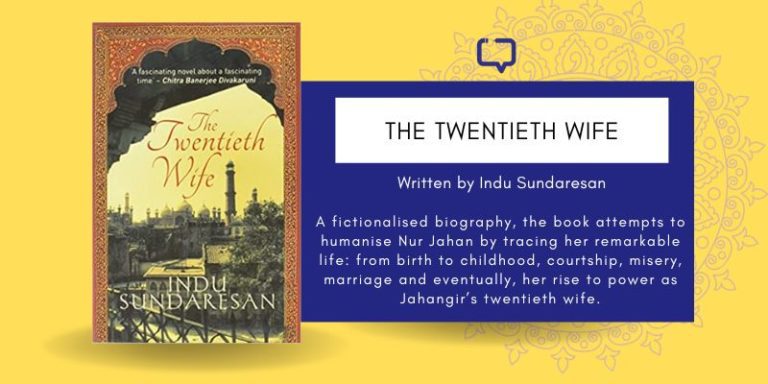


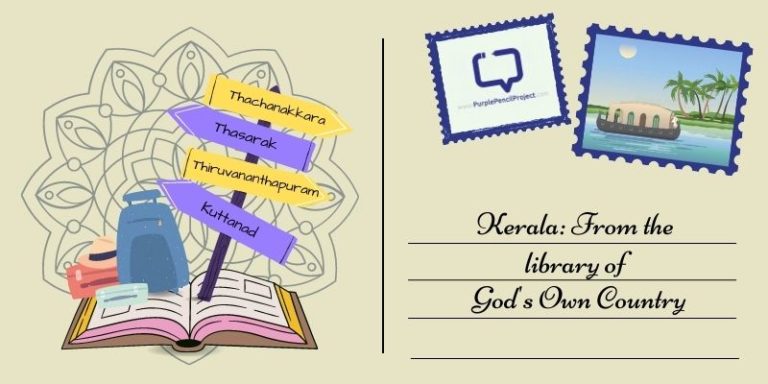

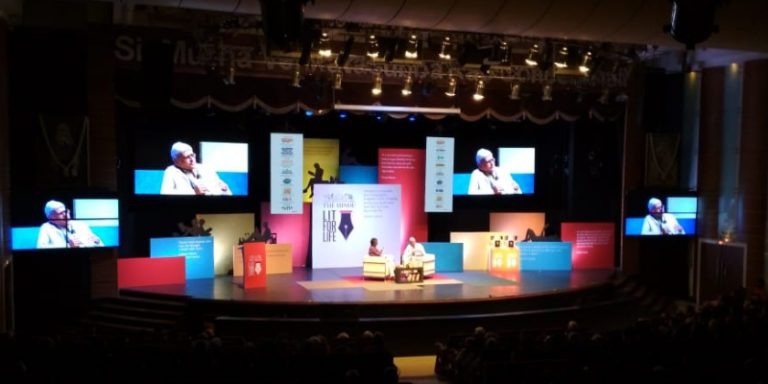

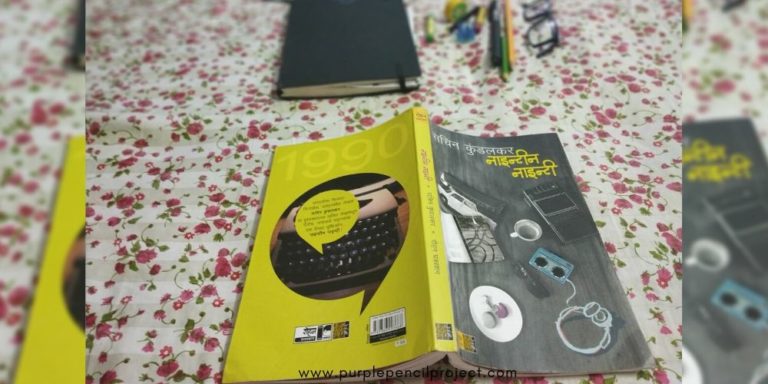
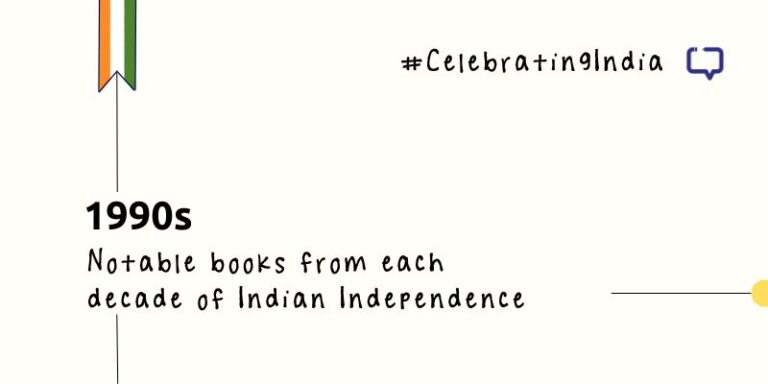


4 Responses
Lovelt review Divya. Would love to read this for the theme ?
Am sure you will love this one Swathi. Will be glad to share my copy with you for a read. Thanks for loving the review.
Beautiful and well thought out review Divya
Thanks so much Soumini ?